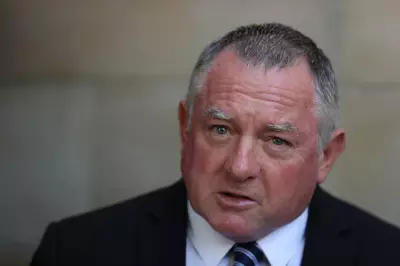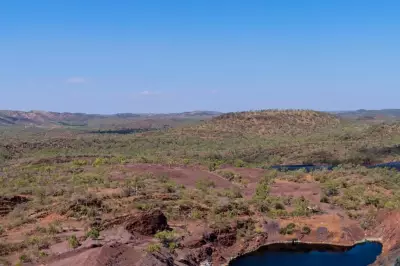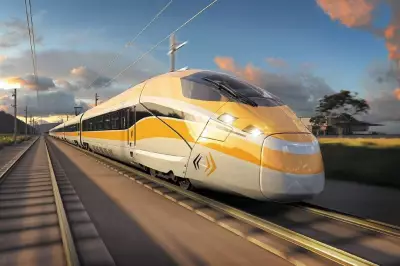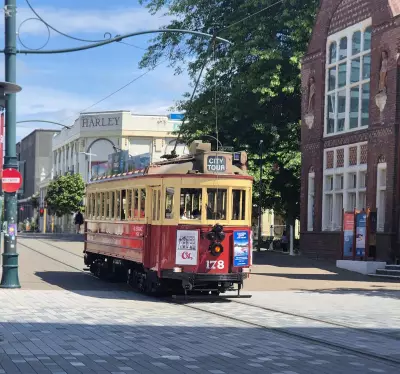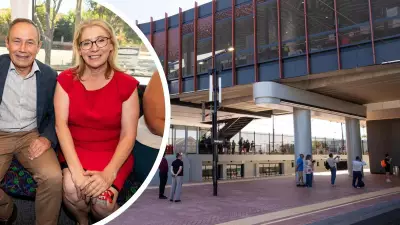
Prime Minister Anthony Albanese has made his 38th visit to Western Australia since taking office, with Premier Roger Cook welcoming him to Bunbury with a characteristically dry observation about his frequent appearances in the state.
Premier's pointed welcome
Opening the Cabinet meeting in the coastal city, Premier Cook noted there were two things every West Australian knew: "The price of iron ore and how many times the Prime Minister's been to visit." The light-hearted remark highlighted the significance of the Prime Minister's repeated engagements with the state that drives much of Australia's economic engine.
Before the formal proceedings began, Mr Albanese visited Café Bean in Bunbury, where he greeted local residents. During his cafe stop, the Prime Minister managed to avoid two men wearing MAGA hats who were seated at a table near the window, though no interaction between them was reported.
Energy transition takes centre stage
Both leaders emphasised Bunbury's strategic position in Australia's energy transformation during their opening remarks. The city sits near Collie and potential offshore wind farms proposed approximately 40 kilometres from the coastline.
"We're getting on with things," Mr Albanese declared, before taking aim at the opposition's internal difficulties. "We're getting on with the transition, they're getting on with not just not shaping the future, they can't come to terms with the present."
Strengthening Commonwealth-State partnership
Premier Cook expressed his government's appreciation for the collaboration with federal counterparts, highlighting that the partnership extended beyond energy to include diversifying Western Australia's economy through sectors like defence industry.
The meeting occurred amid a visible police presence outside the Bunbury Council Chambers, where protesters had gathered, though the specific nature of their concerns wasn't detailed in initial reports.
This 38th visit underscores the Albanese government's focus on Western Australia, a state crucial to both the nation's economy and the energy transition that forms a cornerstone of federal policy.


